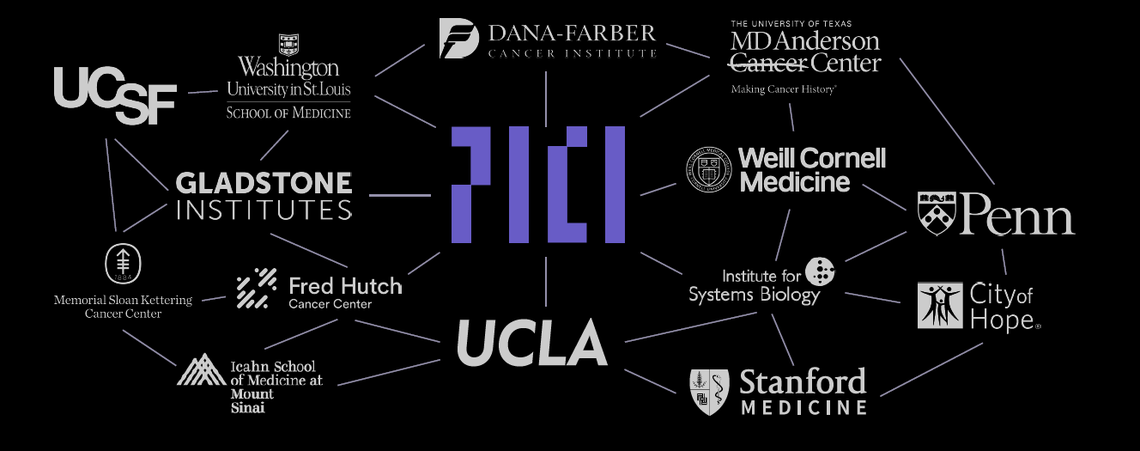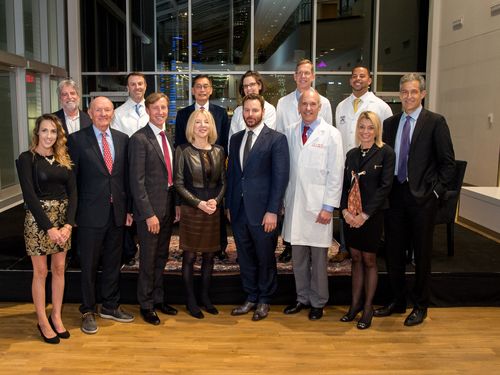Our Story

Established by Funds from the Parker Foundation, The Parker Institute for Cancer Immunotherapy at the University of Pennsylvania (PICI@Penn) was established in July 2015 as a consortium member of preeminent academic and medical research institutions to work collaboratively in the field of cancer immunotherapy. Through the generosity of the Parker Foundation, PICI@Penn has established collaborative cancer immunotherapy programs in the areas of Adoptive Cell Therapy (Dr. Carl June), Tumor Microenvironment (Dr. Robert Vonderheide), T Cell Pathways (Dr. E. John Wherry), and Vaccines (Drs. Gerald Linette and Beatriz Carreno). The Mission of PICI@Penn is to accelerate the development of breakthrough immune therapies capable of turning cancer into a curable disease by ensuring the coordination and collaboration of the field’s top researchers.
In the News!
$250 Million Grant to Launch Parker Institute for Cancer Immunotherapy Poised to Accelerate New Discoveries and Treatments

Better Together: Penn Joins Unprecedented Collaboration to Tackle Cancer Immunotherapy
It had all the makings of a science-fiction blockbuster: A can’t-lose mission with high stakes, an effort to trick a devious enemy into destroying itself, the promise of gizmos like futuristic cell replicas on tiny chips, and a cast of Hollywood’s most beautiful, bold-face names – plus a killer sound track. April 22, 2016
Early Results from First-In-U.S. Trial of CRISPR-Edited Immune Cells for Cancer Patients Suggest Safety of Approach
Genetically editing a cancer patient’s immune cells using CRISPR/Cas9 technology, then infusing those cells back into the patient appears safe and feasible based on early data from the first-ever clinical trial to test the approach in humans in the United States. November 06, 2019
Penn Medicine Researcher Awarded $1 Million to Expand COVID-19 Treatment Discovery Platform
CORONA is the world’s largest database of COVID-19 treatments, covering 400+ treatments that have been reported to be administered to 340,000+ patients, helping researchers to identify and prioritize promising treatments for well-designed clinical trials and to inform patient care. March 31, 2021

